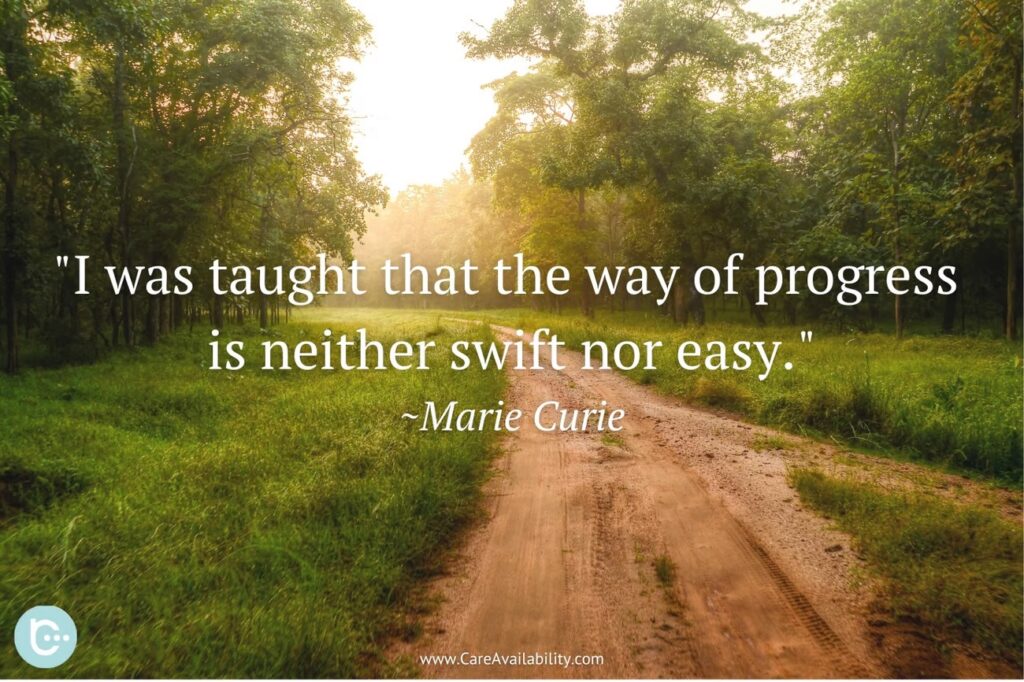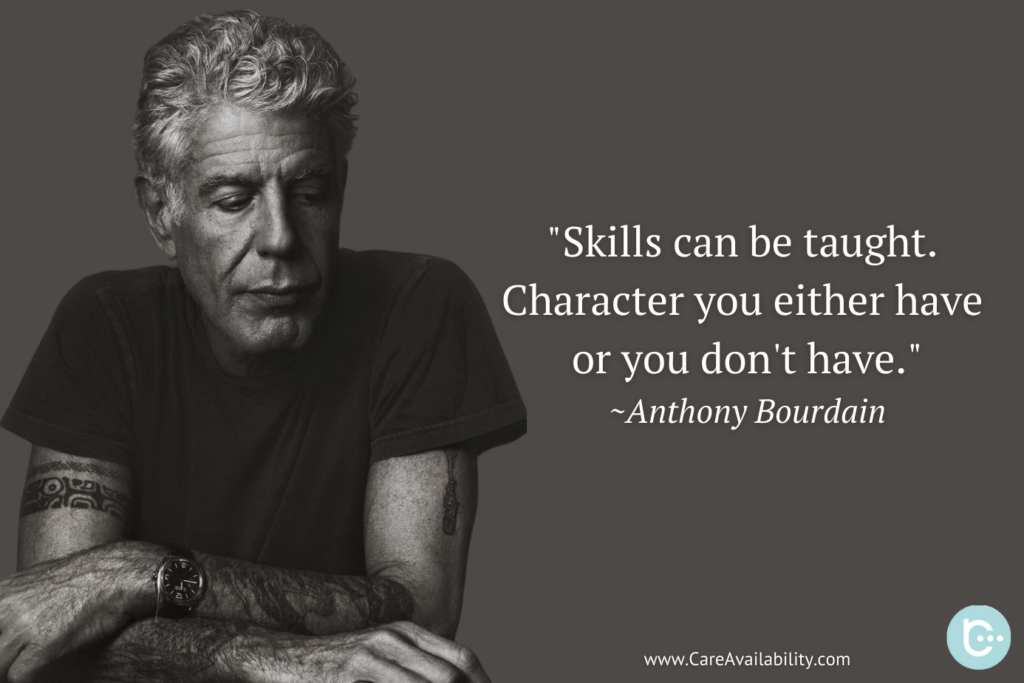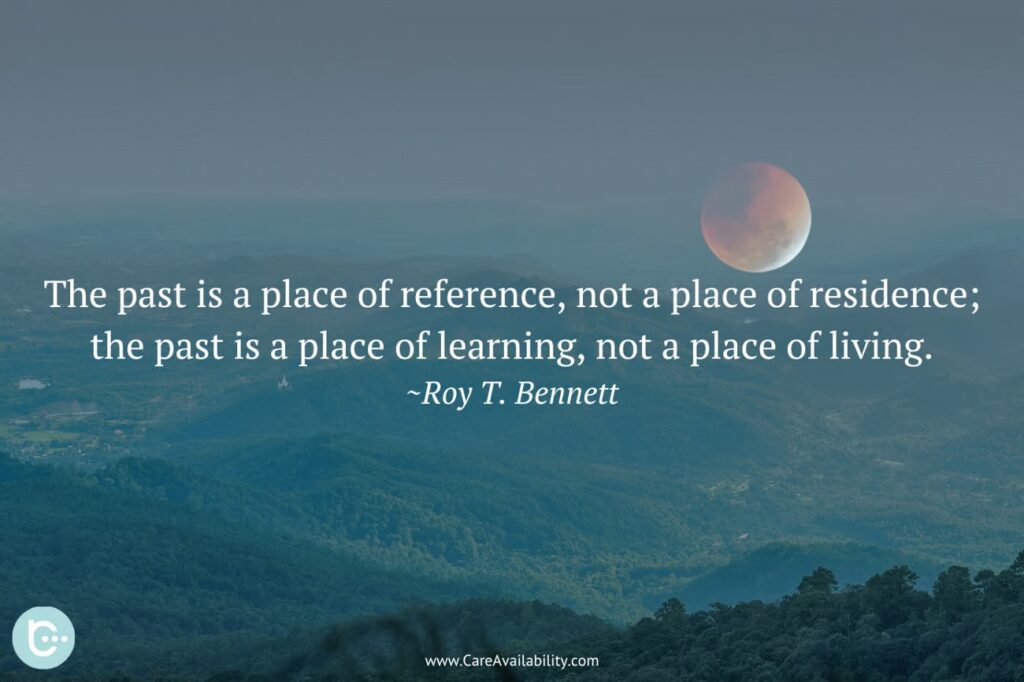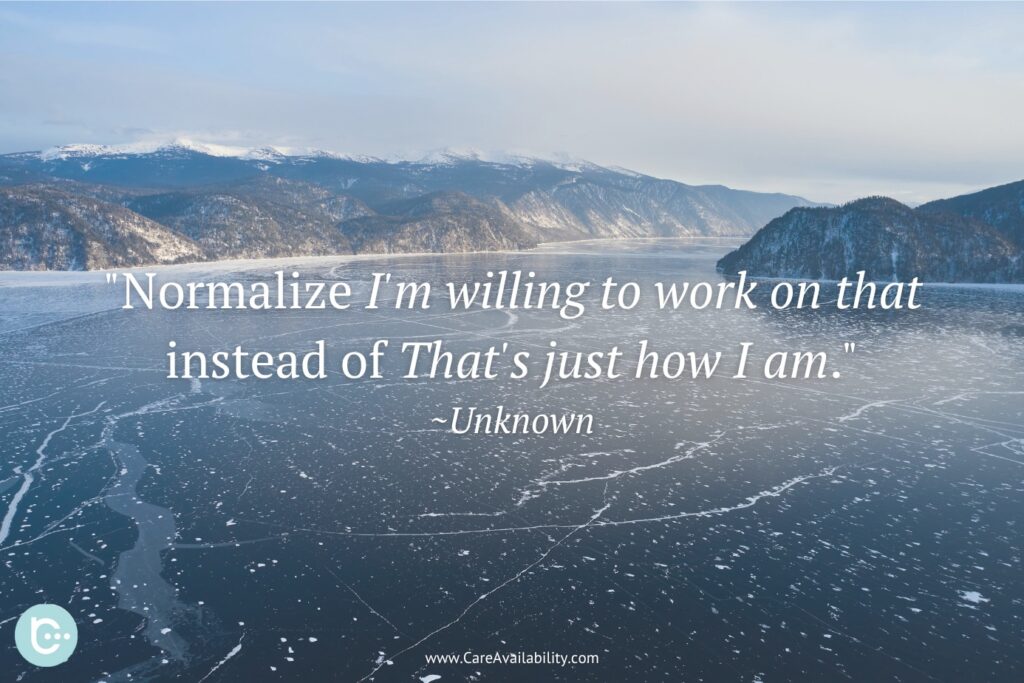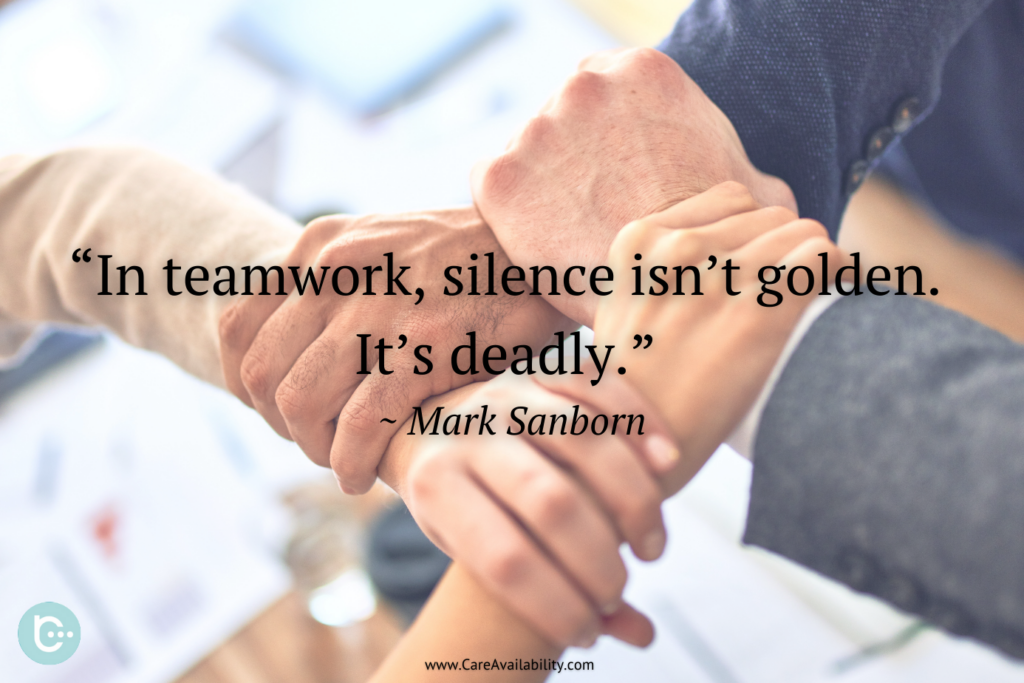In 2019, there were 3 million emergency visits for older adults who had fallen. Falls among adults 65 and older resulted in 34,000 deaths that same year, according to the Centers for Disease Control. Thankfully, falls are not an inevitable part of aging. There are things you can do to reduce the risk of falls and remain independent.
Why Do Falls Happen?
Those who are younger or living independently are at a lower risk of
injury from a fall than those who are older, more frail or institutionalized and require assistance or support. Frail adults are the most likely to experience a serious injury, fracture, traumatic brain injury or death from a fall than any other age group.
What Can Older Adults Do to Reduce Their Fall Risks?
Understand the Reality of Falls
It is important that older adults accept that falls are not a normal part of aging and if they are falling, there is almost always a reason why. Discussing noticeable changes with a physician can identify underlying causes.
Become a Fall Risk Manager
The primary role of a fall risk manager is to pay attention every day. Regularly screening for risk factors will allow for early identification and intervention.
Manage Medications
Older adults and their families need to know that many medications can lead to an increased risk of falls and other problems. Be aware of medications that cause confusion or sleepiness.
Manage Nutritional Status
Older adults’ nutritional needs change. The better they eat, the more energy they’ll have to engage in the activities that keep them strong and steady on their feet.
Increase Activity
Most older adults lead sedentary lives. The more we sit, the weaker our legs become and the more likely we are to experience a fall due to lack of strength and poor balance.
Consider Home Safety
Home is one of the safest places to be, but it is important to educate older adults to continually monitor for fall risk factors and modify as needed. Place daily items within reach. Ensure clear pathways and ample light throughout the home. Install grab bars in bathrooms and inside showers.
Aging can impact our balance and other risk factors associated with falls. However, understanding what can lead to a fall is the f rst step in reducing your risk of falling along with managing risk factors which lead to improved outcomes. Request a fall screening, look
at ways to make your home safer and don’t accept that falls are a normal part of aging.
Article Provided by:
ComForCare
503-400-6637
www.ComForCare.com/Oregon/Salem
